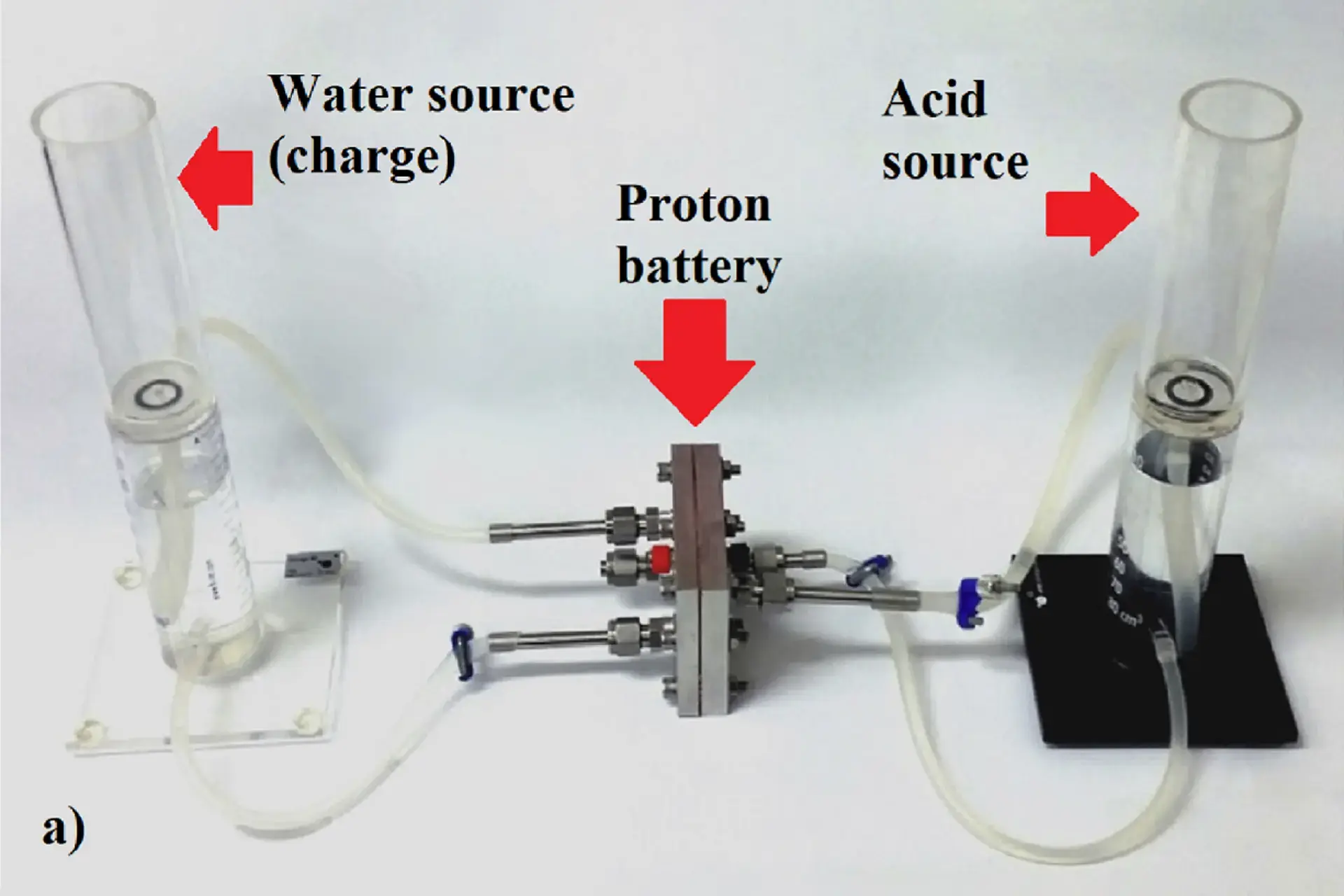this post was submitted on 30 Jul 2023
73 points (95.1% liked)
Solarpunk
5497 readers
68 users here now
The space to discuss Solarpunk itself and Solarpunk related stuff that doesn't fit elsewhere.
Join our chat: Movim or XMPP client.
founded 2 years ago
MODERATORS
you are viewing a single comment's thread
view the rest of the comments
view the rest of the comments

DUDE Thank you!
This was super interesting to read.
Really gives me extra hope that this isn't another vaporware battery technology.
Perhaps the end of excessive lithium mining is in sight!
I'll take it with a grain of salt: